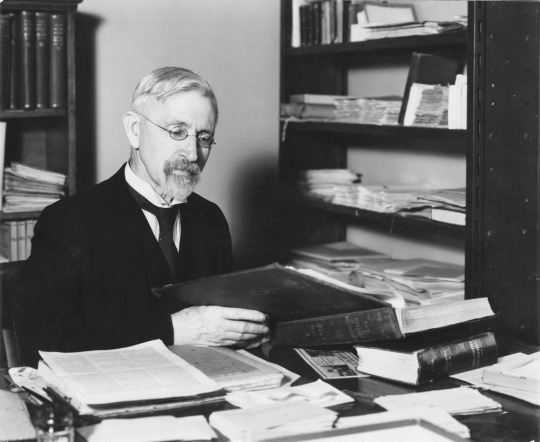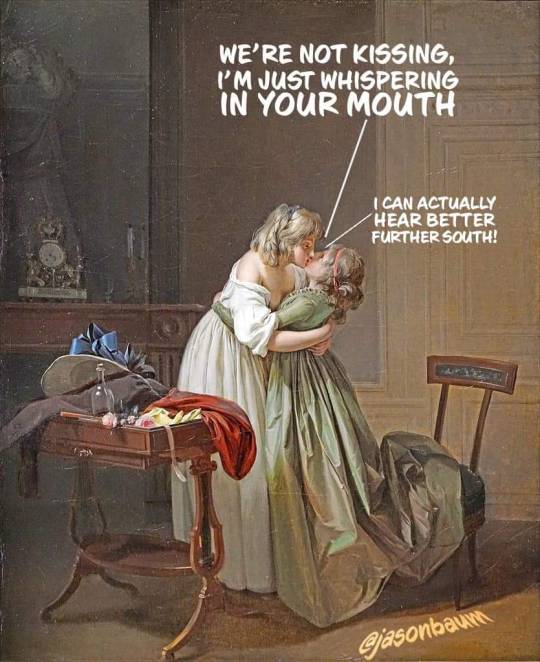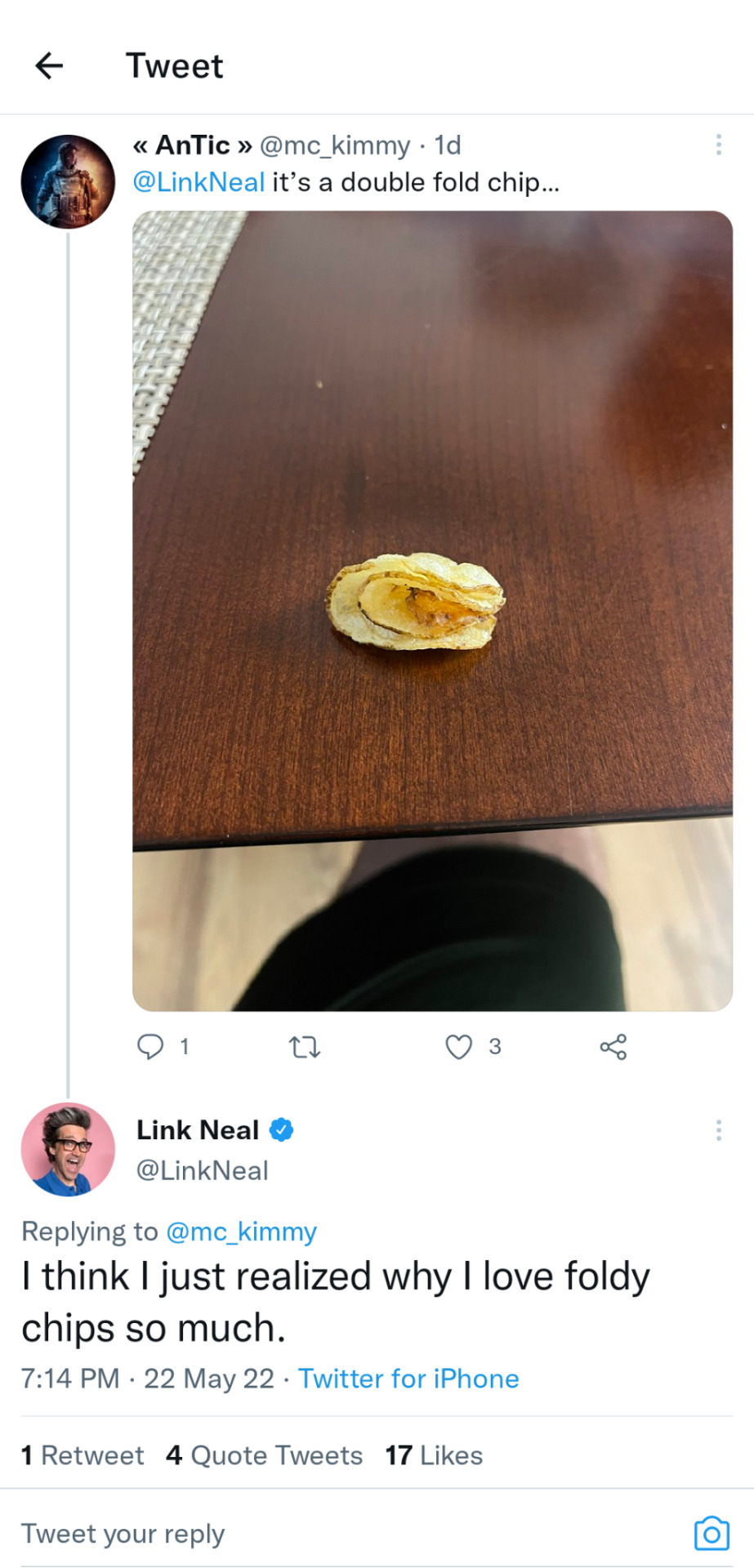#cunning linguist
Text
japanese is such a kind language. like you forget a character it will hold ur hand and tell u that everything will be ok and you can just write it in hirigana and everyone will understand :)
and then chinese is like oh im sorry you forgot a character? youre illiterate. you mispronounce a word? your mother is now a horse
#japanese#kanji#hirigana#chinese#language#langblr#language memes#funny shit#funny#shitposting#memes#tweet#linguistics#cunning linguist#linguistness#linguistique#linguine#language study#language stuff
329 notes
·
View notes
Note
if jin ling was born a girl...suppose as she nears 16, the chief cultivator pressures the jiang sect into another marriage alliance to replace the one lost when yanli & zixuan died. they don't have the same last name after all, it's not officially incest if it's a sister's relative, hmm? but jin ling was practically raised by jiang cheng, she's horrified at the prospect of marrying her uncle who is almost like her father. she understands the political need but she assumes jiang cheng won't actually want to touch her sexually.
except the night of their wedding he's on her like a ravenous wolf, spreading her legs and eating her ripe little cunt like a starving man until she's open and dripping and can take his cock without any pain. he fills her with his cum over and over that night while she cries 'uncle, uncle' and writhes underneath him in confused ecstasy.
Maiden Jin deserves no less
#mdzs#reallygrossmdzsthoughts#mo dao zu shi#grandmaster of demonic cultivation#jin ling#jiang cheng#inc#rule 63#cunning linguist
28 notes
·
View notes
Text

Breathe. Laidback. Chin up.
SculptsO
12 notes
·
View notes
Text




On 13th August 1867 Sir William Craigie, the Scottish lexicographer, was born.
One thing you cannae say about Sir William Craigie is, “He was a man of few words.” In fact, he was a man of many words; easily hundreds of thousands of words; more likely millions of words. In his day, Sir William was regarded as the foremost – nay, the most eminent – lexicographer, but he was also described as a language and literature scholar, and a philologist.
Isn’t it funny that us Scots started some of the most famous English establishments, like William Paterson who gave them The Bank of England, it took a Scotsman from Dundee to put the English language into a decent semblance of order, after he was engaged to work on what was then called the ‘New English Dictionary’ and which is now commonly referred to as the ‘Oxford Dictionary’ or the ‘Oxford English Dictionary’. He was editor of the dictionary for over 30 years.
He was also keen to promote the Scots language and pioneered a Dictionary of the Older Scottish Tongue. Craigie also worked on an Oxford edition of Hans Christian Andersen tales.Not content with sorting out the Scots and English words, Craigie went to the United States to work on the ‘Dictionary of American English’, Cragie also lectured on lexicography at the University of Chicago, where he taught many 20th Century American lexicographers of note.
With all this going on his pet project the Scots dictionary in was put on the back burner until 1921, when he began to make significant inroads towards producing ‘A Dictionary of the Older Scottish Tongue; From the Twelfth Century to the End of the Seventeenth’. Despite continued research into the Scots language, from a first publication in 1931 up until the end of his life, Craigie never managed to complete that work, however, the project he pioneered has been completed. Since 2004, thanks to the charitable organization, Scottish Language Dictionaries Ltd., twelve volumes are available, free to search, via the Internet at the bottom of this post.
Cragie’s brainchild is now known as ‘DOST’ and covers the language from the era of ‘pre-literary’ Scots, when there was a very meagre, extant literary output (literally nothing more than Barbour’s ‘Brus’ and the ‘Legends of the Saints’), through that of ‘early’ Scots (1375 to 1450), to ‘middle’ Scots (up to 1700). The dictionary was intended to present the entire Older Scottish vocabulary as it was preserved in literary, documentary and other records.
Sir William Alexander Craigie died at the age of ninety years and one month, in Watlington, Oxfordshire, on the 2nd of September, 1957.
8 notes
·
View notes
Text
Humble brag
One of my favorite things to do is…surpass her expectations
Proud moment came when I hit her with the “let me try something” after a date night and she told me that shed never 💦so hard in her life and I managed to do it even faster than her woman-👁️-zer.

2 notes
·
View notes
Text

“Deux jeunes femmes s’embrassant,” (Two Young Women Kissing) by Louis-Léopold Boilly (ca.1790-1794)
Just gals being pals.
10 notes
·
View notes
Text
Can the Dracula cast say what they’re really thinking away from the diaries?
Asking for a friend*, how common was the word ‘fuck’ in the 1890′s? I’ve read different sources that say it was used exclusively in a sexual context, while others say, ‘fuck’ was taking off as the more expansive term we know today. For example, “For all your threats I don’t care a fuck,” in George Augustus Henry Sala’s bawdy pantomime, Harlequin Prince Cherrytop, circa 1879.
But I don’t know if it would be a widespread thing by the far end of the 1800s, making the introduction of it in dialogue seem out of place.
*tl;dr: I’m writing A Thing and want to know if I can let the cast of Dracula say ‘fuck’ at appropriate times. Because if any ensemble deserved an unwritten, but very vocal ‘fuck’ in their lengthy conversations about Count Fucking Dracula, it would be these people. But I don’t want to toss it in if the term wouldn’t fit with the period. Any cunning linguists out there have suggestions?
#Let the Dracula Cast Say Fuck 2022#at least let the Harkers have a turn with it#they've earned it#fuck#historically accurate swearing#cunning linguist#boost#dracula#dracula daily
64 notes
·
View notes
Text
Lemme be your Snack Pack.

9 notes
·
View notes
Text

Is it worth it? Maybe.
https://zh.wikipedia.org/wiki/快速診斷測試
#mandarin langblr#chinese langblr#chinese to english#dictionary#lingblr#mandarin#mandarin chinese#meme#humor#chinese memes#chinese vocab#chinese lesson#learn chinese#linguist humor#linguistics#cunning linguist#language#wikipedia#funny post#fun facts
12 notes
·
View notes
Text

Once again thinking about this 🌺

2 notes
·
View notes
Text
i will not elaborate on this, but the name noam chomsky is an onomatopoeia for when one is chewing with their mouth loosely and loudly
#linguistics#noam chomsky#linguist humor#linguistness#linguistique#cunning linguist#linguist problems
11 notes
·
View notes
Text

This is painful to look at which means it's working and I hate it
Help
23 notes
·
View notes
Note
You are so cunning ;)
Living up to my job title 😂
5 notes
·
View notes
Text
Place setting

Reflect. Laidback. Squats Daily.
SculptsO
#sculptso#fit#bring a friend#squats#reflect#FMLG#laidback#talons#a hem#nourish#cunning linguist#Faim#don’t get up#kitten
3 notes
·
View notes

